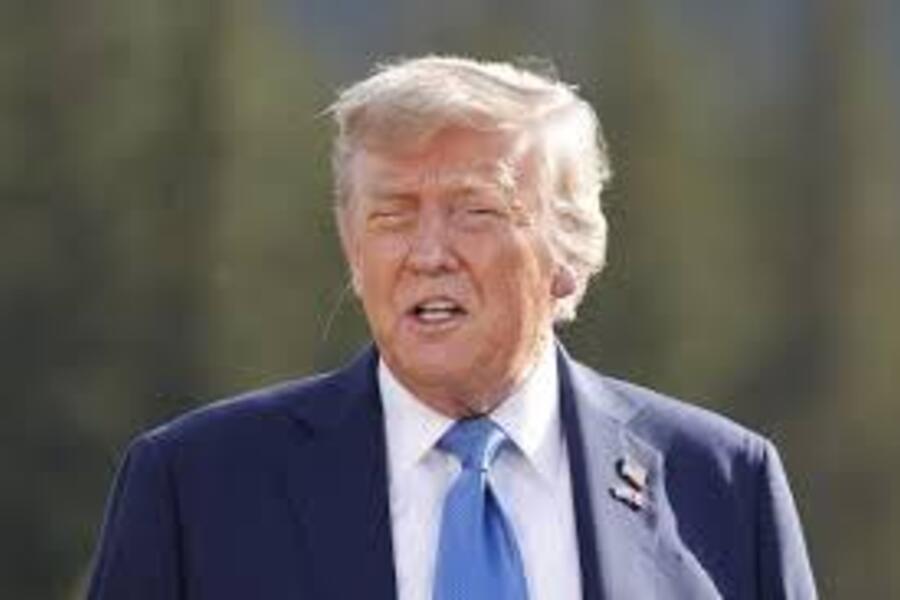President Donald Trump’s assertion on social media that the United States has “complete and total control of the skies over Iran” has intensified confusion over America’s role in the rapidly escalating Israel-Iran conflict. The comment, posted Tuesday, appears to conflict with repeated U.S. government claims that the current Israeli military operations are being carried out independently.
The White House has so far declined to clarify what Trump meant by “we,” fueling speculation about whether American forces are already playing a more active role in the region than publicly acknowledged.
In his post, Trump also praised the superiority of American military equipment, stating that Iran’s air defenses “don’t compare to American-made, conceived, and manufactured ‘stuff.’” He concluded his message with a menacing remark: “UNCONDITIONAL SURRENDER!”
U.S. officials have previously confirmed support for Israel’s defensive posture amid Iranian counterattacks, but emphasized that America is not part of the offensive strikes initiated by Israel. Trump’s statements, however, suggest that his administration may be weighing a shift in that policy.
According to multiple sources familiar with high-level discussions, Trump met with his national security team in the White House Situation Room on Tuesday afternoon to consider whether the U.S. should directly participate in attacks on Iranian nuclear facilities, including the Fordo enrichment site. While some advisers are reportedly advocating for restraint, others are said to support a more aggressive posture.
Adding to the tension, Trump used his Truth Social platform to issue veiled threats toward Iran’s Supreme Leader, Ayatollah Ali Khamenei. “We know exactly where the so-called ‘Supreme Leader’ is hiding,” Trump wrote. “He is an easy target, but is safe there — We are not going to take him out (kill!), at least not for now.”
These statements contrast with earlier reports that Trump had opposed an Israeli plan to assassinate Khamenei, citing concerns about escalating the conflict. Israeli Prime Minister Benjamin Netanyahu, however, has declined to rule out such a move, telling ABC News that his government is “doing what we need to do” and claiming that targeting Khamenei would “end the conflict.”
Vice President JD Vance also weighed in on the administration’s evolving stance, suggesting the president may ultimately take further action to stop Iran’s uranium enrichment efforts. In a post on X, Vance expressed skepticism over Iran’s need for highly enriched uranium, citing a recent International Atomic Energy Agency report indicating Iran is enriching uranium to 60% — far above the 3-5% typically used for civilian energy purposes.
“I can assure you that [the president] is only interested in using the American military to accomplish American people’s goals,” Vance wrote, signaling caution while also leaving the door open to escalation.
The U.S. Embassy in Jerusalem announced it will remain closed through Friday, citing security concerns. Americans have been advised not to travel to Israel, and the State Department has indicated there are currently no plans to assist U.S. citizens in departing the region.
Trump returned to Washington early Tuesday after abruptly leaving the G7 summit in Canada to focus on developments in the Middle East. His early departure underscores the seriousness with which the administration views the potential for a broader regional conflict.
As questions mount about the scope of U.S. involvement and the direction of its Middle East policy, Trump’s rhetoric and the administration’s silence in clarifying it leave the world wondering whether the United States is inching closer to direct military engagement — and what consequences such a move could bring.
